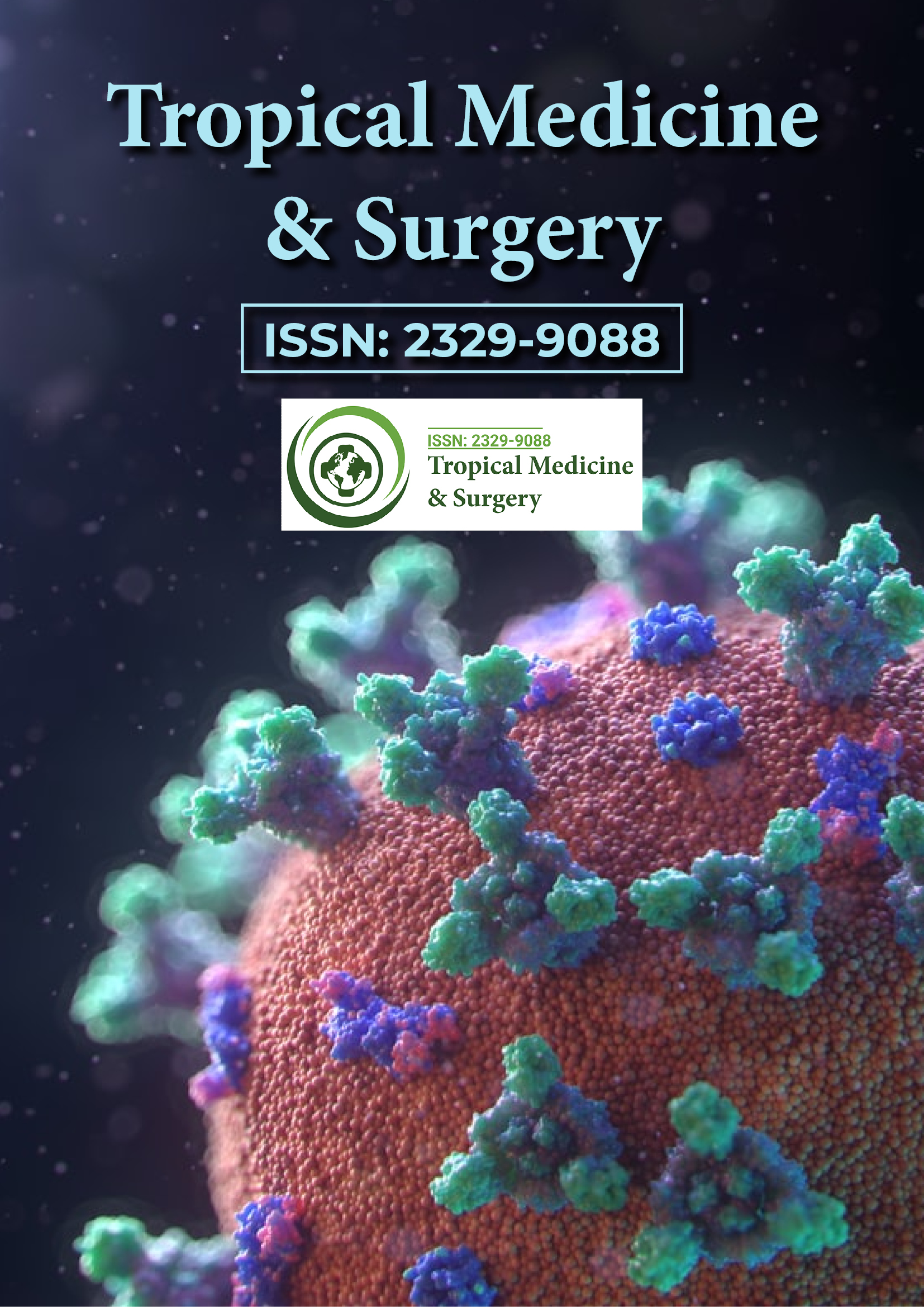Indiziert in
- Öffnen Sie das J-Tor
- Akademische Schlüssel
- RefSeek
- Hamdard-Universität
- EBSCO AZ
- OCLC – WorldCat
- Publons
- Euro-Pub
- Google Scholar
Nützliche Links
Teile diese Seite
Zeitschriftenflyer

Open-Access-Zeitschriften
- Allgemeine Wissenschaft
- Biochemie
- Bioinformatik und Systembiologie
- Chemie
- Genetik und Molekularbiologie
- Immunologie und Mikrobiologie
- Klinische Wissenschaften
- Krankenpflege und Gesundheitsfürsorge
- Landwirtschaft und Aquakultur
- Lebensmittel & Ernährung
- Maschinenbau
- Materialwissenschaften
- Medizinische Wissenschaften
- Neurowissenschaften und Psychologie
- Pharmazeutische Wissenschaften
- Umweltwissenschaften
- Veterinärwissenschaften
- Wirtschaft & Management
Abstrakt
Test auf Albendazol-Resistenz im ländlichen Süden Kirgisistans
Hannah Bishop
Hintergrund
Das kirgisische Volk ist traditionell ein nomadisches Vieh. Nach dem Zusammenbruch der Sowjetunion verfiel die Infrastruktur zu abgelegenen Weiden, was zu einer Überweidung der Weiden in der Nähe der Dörfer und einer höheren Parasitenbelastung führte. Die meisten Bauern sind auf Albendazol angewiesen, ein Anthelminthikum der Gruppe 1 mit breitem Wirkungsspektrum. In anderen Ländern wurden jedoch zahlreiche Resistenzen gegen Albendazol dokumentiert.
Objektiv
Um festzustellen, ob in Südkirgisistan eine Resistenz gegen Albendazol vorliegt.
Verfahren
Von Januar bis April/Mai 2018 wurden Haushalte mit Schafen im Oblast Osch zu Haltungspraktiken, Anthelminthika-Dosierungsstrategien und Weidemanagement befragt. Frische Kotproben wurden gesammelt und Magen-Darm-Nematoden und Eier von Fasciola hepatica mithilfe der McMaster-Methode gezählt. Wenn die Anzahl der Eier im Kot >300 Nematodeneier pro Gramm oder >100 F. hepatica- Eier pro Gramm betrug, wurden die Schafe gemäß dem Datenblatt mit Albendazol behandelt. Die Kotzählung der Eier von Magen-Darm-Nematoden und F. hepatica wurde mit frischen Kotproben 2 bzw. 3 Wochen nach dem ersten Test wiederholt. Wenn die Anzahl der Eier im Kot um <95 % zurückging, wurden die Schafe erneut entweder mit oralem Ivermectin gegen Magen-Darm-Nematoden oder mit Oxyclozanid gegen F. hepatica behandelt . Nach der erneuten Behandlung wurde zwei bzw. drei Wochen später eine dritte Stuhlprobe entnommen und die Eier mit der McMasters-Methode gezählt.
Ergebnisse
In einem der 43 getesteten Haushalte war die Anzahl der Eier von Magen-Darm-Nematoden um <95 % und in vier Haushalten die Anzahl der Eier von F. hepatica um <95 % reduziert . Eine erneute Behandlung mit Ivermectin bzw. Oxyclozanid führte zu null Eiern pro Gramm Kot.
Abschluss
Diese Studie liefert Belege für eine Resistenz gegen Albendazol in Südkirgisistan. Programme, die das Bewusstsein für Anthelminthikaresistenzen schärfen und Landwirten Schulungen im Umgang mit Parasiten anbieten, sowie Tierärzte mit Parasitenlabors wären ein wertvoller Beitrag zur Verbesserung der Tiergesundheit und -produktivität. Darüber hinaus ist der Import einer größeren Auswahl an Tierarzneimitteln unerlässlich, damit Haushalte, in denen bereits Anthelminthikaresistenzen vorhanden sind, alternative Arzneimittel zur Auswahl haben.